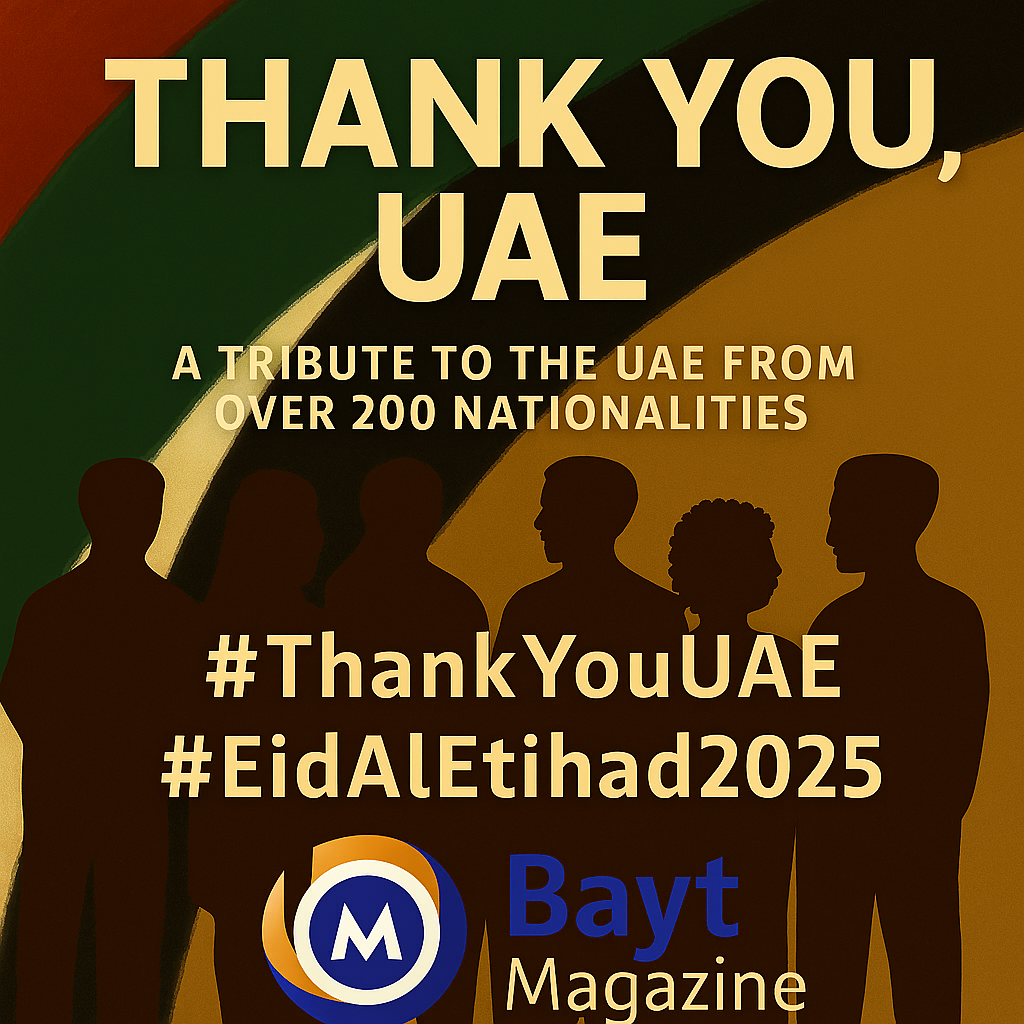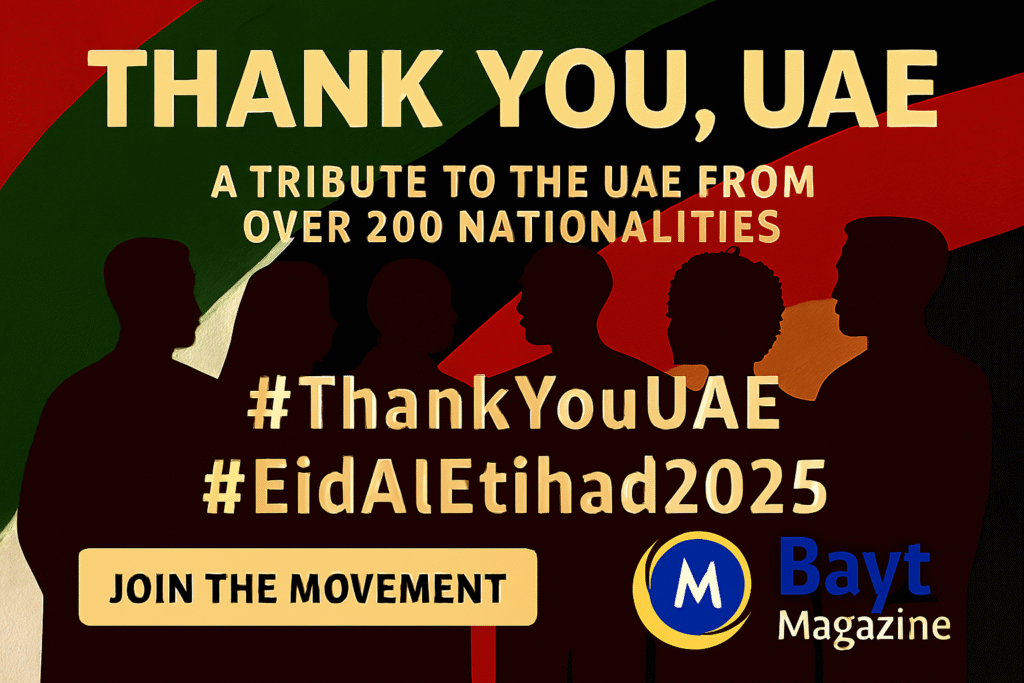Catholic missionaries perform their duties differently today compared to centuries ago. Traditional mission work still exists, but the Catholic faith now blends with corporate life as the Global South develops faster.
Modern Catholic lay missionaries blend their professional and religious identities in global cities. Their role extends beyond spreading the gospel. Roman Catholic missionaries have built strong communities in business centers across Asia, Africa, and the Middle East. These urban centers now host unique faith groups. The Church’s missionaries have adapted their approach to help professionals meet their spiritual needs, especially in regions where missionaries originally created both religious and economic bonds.
Dubai and Bangalore serve as perfect examples of how Catholic communities thrive in global business environments. These economic powerhouses showcase different models of faith-based communities. Both cities show how religious beliefs and career goals can exist together – sometimes smoothly, sometimes with challenges. The way religious identity mixes with corporate culture tells us much about how modern Catholicism adapts to our connected world.
The Mercenary Identity: Corporate Life in the Global South
Image Source: The Executive Center
“The Great Commission will not be fulfilled with our spare time or spare money.” — David Kim, Missionary leader and advocate for global missions
The Global South shows a distinctive economic scene where career goals and money shape what we might call a mercenary identity – a mindset that focuses on monetary rewards and moving up the career ladder. This sets the stage for Catholic lay missionaries to balance their dual identities.
Workplace culture in Dubai and Bangalore
Dubai and Bangalore showcase different workplace cultures in fast-growing economies. Dubai gives professionals a tax-free environment with growing chances in finance, technology, and real estate. Most jobs are contract-based, which means less job security and frequent job changes. People keep most of their earnings without income tax and can save up to 15,000 AED monthly after living expenses.
Bangalore tells a different story with India’s thriving job market in IT, fintech, and startups. The city offers better stability and worker protection. A Rs 25 lakh salary comes down to Rs 18-20 lakh per year after Indian taxes. Workers get benefits like EPF, gratuity, and affordable healthcare. The downside? Longer hours and a demanding “hustle culture”.
Life is quite different between these cities:
- Dubai’s high-end lifestyle comes with steep costs—a one-bedroom apartment costs Rs 1.5-3 lakh monthly versus Rs 40,000-70,000 in Indian metros
- Bangalore keeps you close to family and cultural roots
- Dubai’s lack of citizenship options creates temporary feelings
- Simple things in Dubai cost more—a monthly metro pass is Rs 8,500 compared to Rs 350 in Mumbai
The rise of global professionals
A powerful economic force has emerged across borders – the transnational professional class. These people blend high-level abstract knowledge with international mobility and social influence that shapes global practices. They have outsized influence despite their small numbers—just 3.2% of people live outside their birth country.
Schools play a vital role in growing this transnational professional class. Foreign-born scholars hold 20% of US faculty positions in law, finance, and accounting. Economics departments at top US universities show even more diversity—75% of assistant professors earned their first degrees outside the United States.
What drives career mobility in transnational corporations
Money remains the biggest reason professionals cross borders. Dubai lets people save more than similar jobs elsewhere thanks to zero taxes. The math must include higher living costs though—even milk costs more in Dubai.
Career growth pushes mobility decisions too. Many see Dubai as a stepping stone rather than home. Working in multinational environments boosts long-term career prospects.
Quality of life affects different professionals uniquely. Many middle-class Indians look at tax-friendly countries to live better as India’s costs rise through more direct and indirect taxes. Professionals face tough choices between Dubai’s glamorous but temporary life and Bangalore’s familiar culture with infrastructure challenges.
The Missionary Identity: Catholic Faith in a Modern World
Modern Catholicism demonstrates its missionary spirit in many ways that adapt to our changing global world. Catholics now find new ways to share their faith beyond traditional missions. Their approach shows how the Church responds to today’s challenges.
Who are Catholic lay missionaries?
Catholic lay missionaries are non-ordained men and women who carry out the Church’s evangelical mission through dedicated service. These people work either full-time or as volunteers to complement the clergy’s work in a variety of settings. Vatican II teaching states that laity fulfill “this mission of the church in the world especially by conforming their lives to their faith” and by “testifying how the Christian faith constitutes the only fully valid response” to society’s challenges.
Lay missionaries play vital roles in parish life throughout the Global South. Youth ministers like Enrique Montiel work with Hispanic teens in Memphis, Tennessee. He creates welcoming spaces where young people “feel wanted and to be themselves.” His ministry grew from just 10 visitors to 50-75 weekly attendees, which shows how effective lay-led outreach can be.
These missionaries respond to a calling from above. Pope John Paul II noted that this call “made by the Father in Christ through the Holy Spirit reveals their true dignity.” Their vocation to holiness remains tied to their baptismal identity and shows through their particular state of life.
Evangelical-Charismatic Catholicism explained
The Catholic Charismatic Renewal (CCR) represents a powerful movement in modern Catholicism that started in 1967. Catholics from Duquesne University claimed to be “baptized in the Holy Spirit” during a Protestant worship service. Cardinal Leo Suenens described it not as a specific movement but as “a current of grace, a renewing breath of the Spirit for all members of the Church.”
Charismatic practice centers on “personal relationship with Jesus,” deep emotional experiences, and expressing the “gifts of the Holy Spirit.” Members hold prayer meetings that include prophecies, faith healing, and glossolalia (speaking in tongues). Catholic charismatics view “baptism of the Holy Spirit” as their key experience, which is different from traditional infant baptism. Members of the congregation typically lay hands on adults to have their faith “reborn and strengthened.”
Their worship style tends to be enthusiastic with energetic singing, hand clapping, and praying with outstretched arms. Pope Francis has become a strong ally of the movement over the last several years. He once noted at a stadium gathering in Rome: “When I celebrated holy Mass in Buenos Aires with the Charismatic Renewal… I felt at home!”
The role of prayer groups and spiritual healing
Prayer groups serve as the foundation of charismatic Catholic practice. These groups create communities that focus on shared spiritual experience and promote environments where members believe the Holy Spirit works through believers for spiritual and physical healing. A healing prayer ministry formed at Pope John Paul II Catholic Church in 2022 focuses on “inviting God’s presence and power into people’s lives for mental, emotional, physical, spiritual or relational healing.”
Biblical foundations support these healing practices. Groups meet weekly and follow principles like those in James 5:16 that emphasize intercessory prayer. They maintain theological clarity by understanding that God alone provides all healing, and He “may heal them now, later or in a different way that is best for the individual.”
Mental health challenges make these spiritual communities more relevant today. The Centers for Disease Control and Prevention reports that “one in five American adults experienced symptoms of anxiety and depression in 2023” and “two in five high school students reported struggling with persistent feelings of sadness and hopelessness.” Prayer ministries are a great way to get healing through communities rooted in faith and mutual support.
Where Faith Meets Business: A Complex Symbiosis
“To belong to Jesus is to embrace the nations with Him.” — John Piper, Founder of desiringGod.org, influential evangelical pastor and theologian
Catholic lay missionaries in global business centers experience a unique relationship between their faith and professional life. Each domain shapes the other, and this connection shows up in workplace behavior, evangelization opportunities, and leadership qualities that work in both settings.
How faith influences workplace behavior
Studies show that religious beliefs strongly affect how people do their jobs. Professionals who keep attending religious services that emphasize bringing faith to work through “sacrificial love” feel more satisfied and committed to their jobs. Employees who can freely express their religious identity at work show better well-being and work more efficiently.
These benefits go beyond personal satisfaction—religious values shape how people interact with their coworkers. Many Catholics working in secular environments say their faith keeps them away from office gossip and workplace disputes. This creates clear differences in their professional relationships. One Catholic professional found that staying true to their values led to “open dialog and unexpected opportunities to evangelize”.
The workplace as a mission field
More Catholic professionals now see their workplaces as opportunities to share their faith. The Lausanne Movement points out that “the workplace is one of the few places where believers and non-believers spend much time together and get to know each other deeply”. People spend roughly 100,000 hours at work throughout their lives, which creates countless chances to have meaningful conversations about faith.
Catholic lay missionaries often share their faith through excellent work ethics and compassion rather than traditional methods. They “inspire curiosity about faith” by showing Christ’s love, joy, hope, and peace in their daily lives. This matches Vatican teachings about the laity’s essential role in “shaping the modern world” through their work.
Transferring leadership skills between church and office
The connection between faith and business becomes clearest in leadership growth. Skills developed in church ministry—like empathy, conflict resolution, and team building—make people better professionals. Business skills also help church leadership through knowledge of accounting, risk management, and organizational development.
This exchange creates well-rounded people who “see God permeating every area of their lives, rather than churchgoers who have a spiritual side and a worldly side”. The ability to shift viewpoints, learned in faith communities, becomes especially valuable in professional settings. Leaders can move beyond simple either-or thinking toward more comprehensive solutions to challenges.
Consumerism, Identity, and the Church
Neoliberal economic forces have changed how Catholic missionaries express their faith in today’s market-driven world. Religious communities worldwide face complex challenges between keeping their spiritual identity and adapting to consumer culture.
The effect of neoliberalism on religious life
Neoliberalism champions small government, unregulated markets, and individual enterprise. Its influence reaches far beyond economics into cultural and religious spheres. Market-based thinking now shapes how people value almost everything in life. Many Catholic communities have started to adopt free-market economic ideas, even in their religious expressions.
Catholic lay missionaries see these changes firsthand across the Global South. American industrialists in the 1930s joined forces with Christian leaders. They pushed the idea that “faith, freedom and free enterprise” naturally belonged together. This message still echoes today as Catholic communities try to keep their unique identity against strong market pressures.
Consumer citizenship vs. civic involvement
Consumerism suggests a simple answer to life’s meaning: we exist to consume, and buying things brings happiness. This viewpoint clashes with Catholic teaching that values who we are above what we own.
Pope Francis points out that Christian life struggles because people care less about truth. He believes consumer culture makes this problem worse. The modern world treats everything like products on store shelves. Deep religious commitments become just another choice for shoppers.
The Church’s response to modern pressures
The Catholic Church tackles consumerism through various approaches:
- Pope John Paul II warned that consumerism turns people into “slaves to possessions” who can’t see past material goods
- Pope Paul VI said that “every kind of progress is a two-edged sword” which can trap people who treat it as the highest good
- Pope Francis promotes “integral ecology” that respects both nature and humanity
Catholic missionaries must find genuine ways to express their faith. They need to avoid turning their message into marketable products or throwaway experiences in our consumer-focused world.
Case Study: Comparing Dubai and Bangalore
Image Source: Digit Insurance
Catholic communities in Dubai and Bangalore show us how Roman Catholic missionaries adapt differently to their environments while staying true to their core mission.
Structural differences in church presence
Dubai has strict limits on religious expression that significantly affect its Catholic community. The city has just one Catholic parish serving about 300,000 members. With only 10 priests, each one serves roughly 30,000 Catholics. This single parish, now 58 years old, looks quite different from Bangalore’s setup. Bangalore has India’s third-largest Catholic diocese with 400,000 members and churches spread across the city.
Political and cultural constraints on religious expression
UAE laws shape how Catholic missionaries work in Dubai. The Constitution allows religious freedom, but with clear limits – nobody can try to convert Muslims. The law treats changing one’s religion as a crime, which limits how people express their faith. Bangalore’s democratic setting gives Catholics more freedom. They run many schools, colleges, and hospitals throughout the city.
Catholic community dynamics in each city
Dubai’s restrictions have led to something unexpected – more involvement from regular church members. Business professionals in Dubai support the Church with money, time, and connections. Surprisingly, their Bangalore counterparts don’t take part in these activities as much. Dubai’s parish splits into different groups based on ethnicity and language – Indians, Filipinos, and Europeans. These smaller communities help newcomers feel at home.
The church in Dubai helps expatriates find jobs and housing through its network. The Gulf region’s high ratio of church members to priests makes lay ministry crucial. Bangalore works differently – its well-established Catholic community relies more on clergy for social programs. This shows how Catholic missionaries adapt their approach based on local needs.
The study of Catholic lay missionaries in global business hubs reveals a complex picture of faith practitioners who balance dual identities in fast-changing environments. Catholic communities in the Global South show remarkable adaptability. They face unique challenges in each location. Dubai and Bangalore, though far apart, show how religious dedication exists alongside professional goals through different forms of expression.
These examples show how structural limitations actually deepen lay involvement and create breakthroughs. Dubai’s single-parish model needs greater participation from corporate professionals who provide vital economic and social capital. Bangalore benefits from its 50-year-old institutional frameworks but doesn’t deal very well with different challenges in engaging its professional class.
The mercenary identity shapes how Catholics express their faith through financial incentives and career growth. Research shows that religious values shape workplace behavior substantially. This creates opportunities to spread faith subtly through exemplary ethics and compassionate leadership. Catholic professionals become missionaries in their offices and live their faith through daily interactions rather than direct preaching.
Market forces pose big challenges to authentic religious expression. Consumer culture sees faith as another sellable product, which goes against basic Catholic teachings about human dignity beyond material things. Pope Francis has highlighted the risks of turning religious commitment into just another consumer choice.
Catholic lay missionaries work at this vital crossroads of faith and business. They carry forward a centuries-old tradition while adapting to modern realities. Their experiences prove that Catholicism stays strong even in corporate environments that focus on profit and output. The church continues its mission through these global economic forces rather than despite them. It finds new ways to express itself in each cultural setting.
Faith and work life can complement each other. Catholic missionaries demonstrate how skills from one area improve performance in the other. This integration creates well-rounded individuals who see their work as part of their spiritual identity instead of competing with it.
Catholic missionary work will keep evolving as global business centers grow in developing countries. Traditional methods might not work in many places now, but the core mission stays the same – bringing Catholic values to places that might lack spiritual depth. Catholic lay missionaries represent faith’s transformation into forms that fit our connected world, not its decline.






